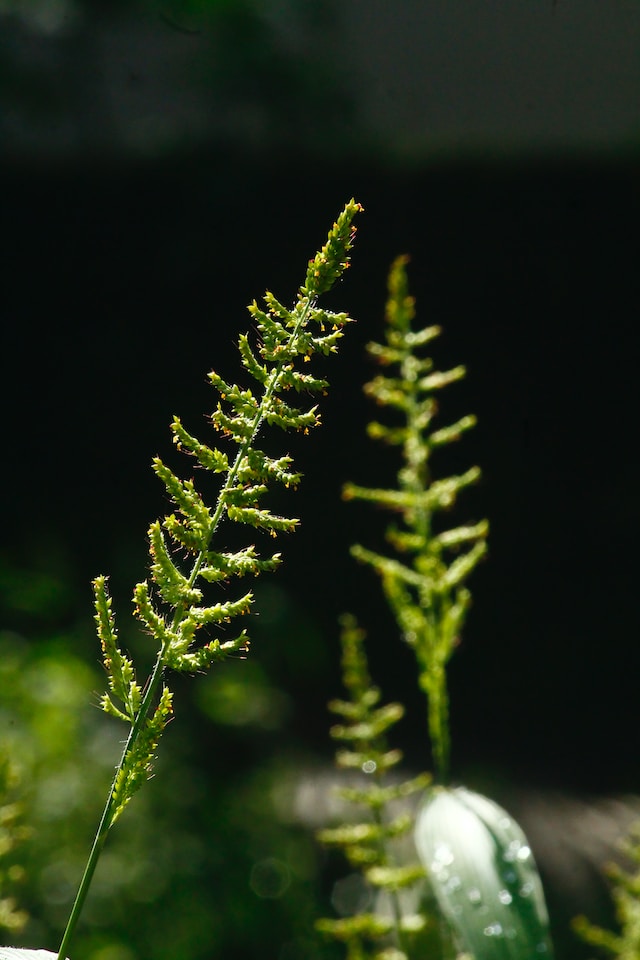Have you ever considered using gardening as a tool to teach life skills and responsibility? Gardening is not only a great way to grow your own food, but it also has numerous benefits for mental health and personal development. In fact, studies have shown that spending time in nature can reduce stress and anxiety, improve mood and cognitive function, and increase self-esteem. By getting your hands dirty in the garden, you can also learn valuable lessons about patience, perseverance, teamwork, and problem-solving. Whether you’re a parent looking for fun activities to do with your kids or an educator searching for innovative ways to enhance learning outcomes, this article will show you how gardening can be an effective means of cultivating both plants and people!
The benefits of gardening
Gardening is a fantastic activity that offers numerous benefits for our mental and physical health. Firstly, it provides an opportunity to connect with nature and spend time outside in the fresh air, which can help reduce stress levels and boost our mood.
In addition to this, gardening also encourages physical activity, as tasks like digging, weeding, and planting require movement and exercise. This can help improve strength, flexibility, and cardiovascular health over time.
Furthermore, gardening has been shown to have therapeutic effects on mental health conditions such as depression and anxiety. It helps create a sense of accomplishment by nurturing plants from seedlings into fully grown vegetables or flowers.
Lastly but not leastly!, gardening is also a great way to promote sustainability since you can grow your own food while reducing your carbon footprint by avoiding packaged produce with high transportation costs.
Overall (I’m sorry!), there are countless benefits to getting involved in gardening!
How gardening can teach life skills
Gardening is more than just a hobby or a way to beautify your surroundings. It can also provide a wealth of learning opportunities, especially for children. Through gardening, kids can develop important life skills that will serve them well into adulthood.
One such skill is responsibility. Gardening requires regular care and attention, from preparing the soil to watering the plants and pulling weeds. Kids who take part in gardening learn that their actions have consequences, and they become accountable for the health and growth of their garden.
Gardening also teaches patience. Plants don’t grow overnight; it takes time to see results. Children who are used to instant gratification through technology or other means may find it challenging at first but eventually learn how rewarding it is to wait patiently for something they have nurtured themselves.
In addition, gardening offers an opportunity for problem-solving as unexpected issues arise like pests or weather changes. When faced with challenges in the garden, children learn how to identify problems and search out solutions.
Gardening promotes creativity by allowing kids to experiment with different plant combinations and designs while still following basic principles of growth requirements which benefits not only plants but most importantly personal development too!
Tips for starting a garden
Starting a garden can be an exciting and fulfilling experience. Here are a few tips to help you get started on your gardening journey.
Firstly, decide what type of plants you want to grow in your garden. Consider the climate and soil conditions in your area before choosing which plants will thrive best.
Next, make sure to choose the right location for your garden. Select an area that receives enough sunlight throughout the day and has good drainage.
Prepare the soil by removing any rocks or debris and adding compost or fertilizer to ensure optimal growth for your plants.
Invest in high-quality tools such as gloves, trowels, shovels, watering cans or hoses so that you’re well-equipped when taking care of your garden.
Choose plants with similar water requirements so that they can be watered together at once rather than individually. This will save time and effort while also ensuring each plant is getting adequate hydration.
Don’t forget to maintain regular upkeep of your garden by pruning dead leaves or branches regularly and weeding out unwanted growths from time-to-time.
By following these simple tips for starting a garden, you’ll soon have a beautiful outdoor space filled with healthy growing plants!
Garden activities for kids
Gardening can be a great way to teach life skills and responsibility to kids. It is also an excellent opportunity to engage children in fun activities while they learn about the environment. Here are some garden activities that you can do with your kids:
Planting seeds – Planting seeds is a simple yet effective activity for children. Children love getting their hands dirty, and planting seeds allows them to experience nature first-hand. You can choose different types of plants depending on your child’s preference, from herbs and vegetables to flowers.
Watering plants – Watering plants is another engaging activity for kids that teaches them responsibility. Teach your child how much water each plant needs and let them take charge of watering the garden.
Harvesting crops – Harvesting crops is one of the most rewarding experiences in gardening, especially for children who have planted the seeds themselves. Show your child how to pick ripe fruits or vegetables carefully without damaging other parts of the plant.
Creating art with natural materials – Encourage creativity by using natural materials found in your garden such as leaves, petals, sticks, rocks or even mud! Letting kids create art with these items helps develop their imagination while fostering appreciation for nature at an early age.
Gardening provides endless opportunities for learning through playtime outdoors while teaching valuable life skills like patience, responsibility and care-taking that benefit a child’s personal growth beyond childhood years.
Conclusion
Gardening can be a fun and engaging way to teach life skills and responsibility to children. Through gardening, kids can learn about the importance of patience, hard work, and dedication. They also get hands-on experience with problem-solving, critical thinking, and creativity.
Starting a garden may seem intimidating at first, but with some careful planning and attention to detail anyone can do it. Whether you have a large backyard or just a small balcony space, there are plenty of ways to grow plants successfully.
By involving your children in garden activities such as planting seeds or picking fruits and vegetables when they’re ripe will help them understand where food comes from while also providing an opportunity for physical activity outdoors.
Gardening is more than just growing plants; it is an opportunity for people of all ages to connect with nature while learning valuable life lessons along the way. So why not try starting your own garden today? You never know what kind of magic might happen when you put your hands in soil!







